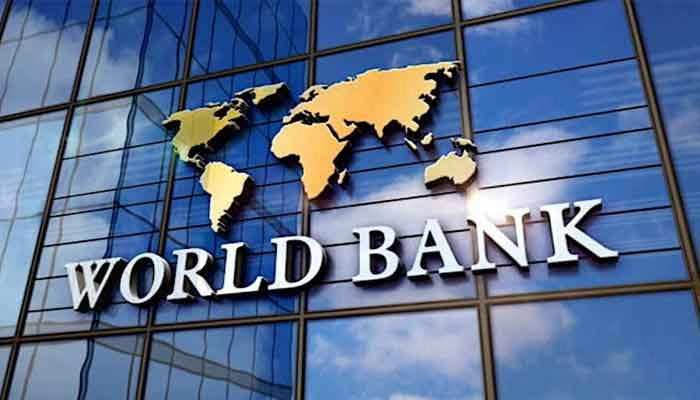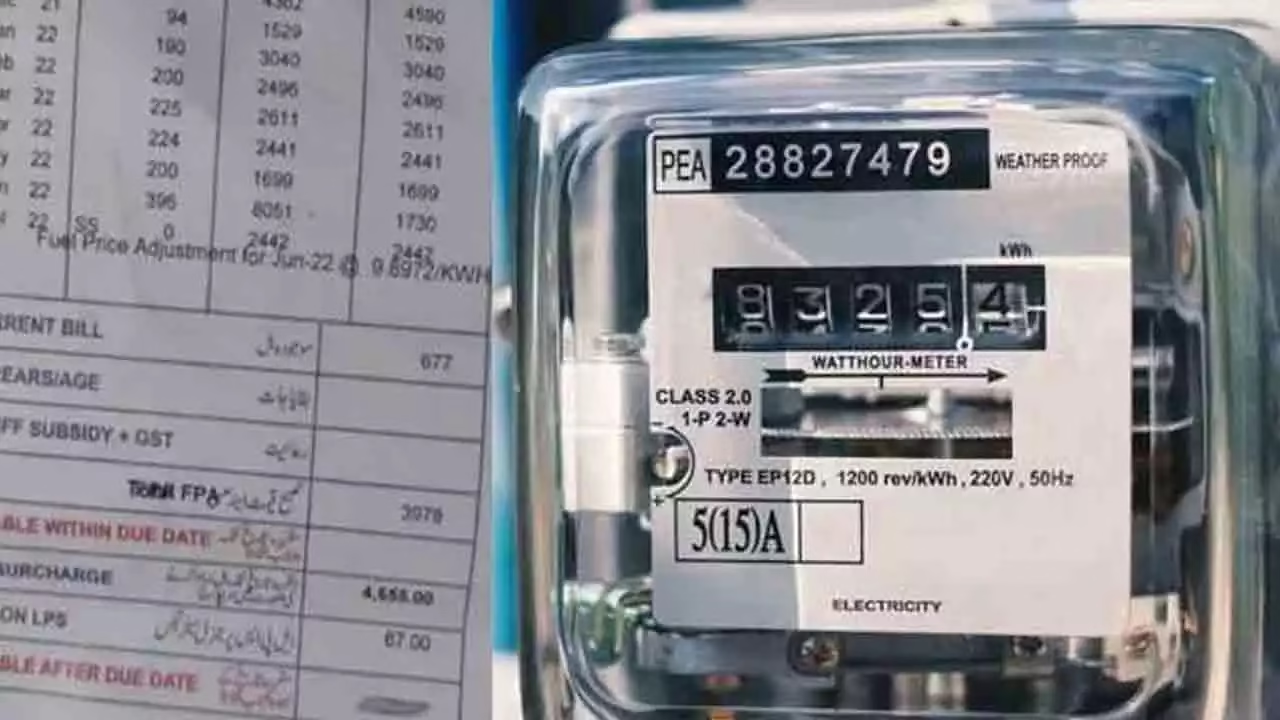A high-level delegation of nine Executive Directors from the World Bank Group is set to arrive in Pakistan on Monday, marking the first such visit in nearly two decades. The delegation will engage in crucial discussions on economic development projects, investment opportunities, and the effective implementation of the recently approved $40 billion Country Partnership Framework (CPF) for the next ten years.
Key Discussions and Strategic Goals
According to sources, the visiting Executive Directors, who represent 88 member countries on the World Bank’s Board of Directors, will hold high-level meetings with senior government officials. Their discussions will focus on:
- Pakistan’s economic development strategy
- Investment opportunities
- Policy measures to ensure the smooth execution of the $40 billion CPF
The delegation will meet with the Prime Minister, the Minister of Finance, the Minister of Economic Affairs Division, the Minister of Planning, and the Minister of Energy. These meetings will help formulate long-term strategies for economic growth and infrastructure development.
Provincial Visits and Development Initiatives
During their stay, the delegation will travel to multiple regions, including Islamabad, Khyber Pakhtunkhwa (KP), Sindh, and Punjab. They will also hold consultations with representatives from Balochistan. These visits will offer firsthand insights into local development challenges and opportunities, reinforcing the World Bank’s commitment to fostering sustainable economic growth across Pakistan.
The Executive Directors will engage with business leaders, academics, and civil society representatives, aiming to understand the country’s needs better and identify areas where financial and technical support can be maximized.
Significance of the $40 Billion Country Partnership Framework
The World Bank Group, comprising the International Development Association (IDA), the International Bank for Reconstruction and Development (IBRD), the International Finance Corporation (IFC), the Multilateral Investment Guarantee Agency (MIGA), and the International Centre for Settlement of Investment Disputes (ICSID), has played a key role in shaping global economic policies.
The recent approval of the $40 billion CPF marks a historic milestone for Pakistan’s economic transformation. This strategic framework aims to:
- Enhance economic resilience
- Boost private sector growth
- Improve infrastructure and public services
Pakistan’s CPF model has garnered international attention, with many countries viewing it as a benchmark for future cooperation with the World Bank.
Pakistan’s Role in Global Economic Collaboration
The delegation’s visit signals a renewed commitment between Pakistan and the World Bank to drive sustainable development and strengthen financial partnerships. A key focus will be on designing robust business plans and ensuring their effective implementation over the coming years.
The visiting delegation includes:
- Abdelhak Bidjoui (Algeria) – Representing eight countries
- Zainab Ahmed (Nigeria) – Representing South Africa and Angola
- Beatrice Messer (Switzerland) – Representing Central Asia and Switzerland
- Robert Bruce Nichol (Australia) – Representing 14 nations, including South Korea, New Zealand, and Australia
- Teresa Solbus (Spain) – Representing seven South American countries, including Mexico and Costa Rica
- Paul Bonmartin (France) – Representing Western Europe
- Lonkho Loliko Megagola (Eswatini) – Representing 21 African countries, including Tanzania, Zimbabwe, Kenya, and Ethiopia
- Marlene Suzi Nzingo (Central African Republic) – Representing 23 African countries
- Tauqir Shah (Pakistan) – Representing Pakistan and seven other nations
A Transformative Step for Pakistan’s Economy
This high-profile visit underscores Pakistan’s growing importance in global economic collaboration. The discussions and strategies devised during this visit are expected to play a crucial role in reshaping Pakistan’s financial landscape, fostering investment, and ensuring long-term economic stability.
With strong backing from the World Bank, Pakistan is poised to make significant strides in economic development, paving the way for a more resilient and prosperous future.



